How P & I Clubs Work – Procedure for Accident Response
Protection and Indemnity or better known as P & I Clubs are a compilation of non-profit making organizations controlled by ship-owners and operators who communally contribute to certain third party liability risks related to their business especially their maritime businesses.
The clubs are managed by asset managers who administer the premiums (Calls) which are contributed by the members of the club and claims are settled accordingly. These premiums or calls are made on a yearly basis proportionate to the claims in the spotlight, individual member testimony and availability of the capital reserves.
P & I Insurance have gradually expanded over decades covering an array of third party liabilities excluding the ‘Hull and Machinery’ claims but including amongst others – Oil pollution from ships or fixed / floating objects. Additionally, the Clubs also provide protection against contractual disputes.
As of current statistics, as much as 90% of the world maritime tonnage is covered by the mutual P & I Clubs. The 13 major clubs vary in size and contributions which are as listed below:-
– American Steamship Owners Mutual Protection and Indemnity Association, Inc.d
– Assuranceforeningen Skuld
– Gard P&I (Bermuda) Ltd.i
– The Standard Club Ltd
– The Britannia Steam Ship Insurance Association Limited
– The Japan Ship Owners’ Mutual Protection & Indemnity Association
– The London Steam-Ship Owners’ Mutual Insurance Association Limited
– The North of England Protecting & Indemnity Association Limited
– The Shipowners’ Mutual Protection & Indemnity Association (Luxembourg)
– The Steamship Mutual Underwriting Association (Bermuda) Limited
– Sveriges Ångfartygs Assurans Förening / The Swedish Club
– United Kingdom Mutual Steam Ship Assurance Association (Bermuda) Limited
– The West of England Ship Owners Mutual Insurance tAssociation (Luxembourg)
The P&I Clubs provide insurance coverage of upto USD 1 Billion for compensation of damages by oil pollution from laden tankers as well as to tankers in ballast which is given in accordance to the International Convention on Civil Liability for Oil Pollution Damage (CLC). The clubs also provide insurance cover for bunker oil spills from ships more than 1000 GT as required by the Bunker CLC, 2008. This convention (CLC) operates in harmony with the International Convention on the Establishment of an International Fund for Compensation for Oil Pollution Damage (IOPC Fund Convention) that provides reimbursement when the compensation under CLC is insufficient and is backed up by contributions imposed on member states that receive crude and heavy fuel oils.
The Civil Liability Convention or CLC places a responsibility on the tanker owners to retain insurance and other financial security explicitly to cover oil pollution damages, and ensures that each tanker carries on board a certificate confirming to the fact that such a cover is enforced. This is reflected as most of the tanker owners orchestrate this insurance with a Protection and Indemnity Club (P&I Club). The total insurance cover required again depends on the size of the ship. Also recently, some new enterprises have been initialized to increase the contributions of Ship-owners towards oil pollution liability by way of voluntary contracts namely, Small Tanker Oil Pollution Indemnification Agreement (STOPIA) and Tanker Oil Pollution Indemnification Agreement (TOPIA 2006).
P&I Clubs endow a distinctive claims handling facility which is adapted such as to ensure that both the defenses of the individual members for proper and reasonable settlement of any claims as well as the handling of incidents to be as effective as possible. Every Club has a set of regulations that cover the entire contractual terms with a member. Additionally, each P&I Club implements a loss prevention plan which is based out of ship inspections and subsequent advices / suggestions to club members on casualty and claims prevention.
Therefore, the main aim of the International Group representing the interests of the P&I insurers is to facilitate the schemes of preventing oil spill and accelerate responses.
Master’s basic actions to P&I Accident Response
In the dire event that leads to an incident or an allegation giving rise to a third party claim, there are some definite actions which the master should always take into consideration and certain actions those which must be avoided. These actions are generic which theoretical are to be followed irrespective of the nature of incident.
To Do
- Notify owners / managers as soon as possible and send message to the relevant departments;
- With regard to the instruction given in club handbook, investigate each allegation that led to an injury or damage;
- Collect and collate evidences or documentation related to the incident, including defective equipment/machineries. Stockpile the information in a safer place and label them accordingly. Throwing away information would lead to unwanted ambiguities;
- Remember to take photographs of any evidence measuring up to the damages or all other possible conditions relating to the event;
- Get the witnesses to write the statement of facts, pertaining to the exact cause or what they themselves experienced, saw and even heard.
Do Not
- Allow any surveyor or a maritime lawyer on board the ship or to interrogate the crew members until they have satisfactorily identified themselves and presented suitable authorization;
- Allow surveyors or lawyers acting on behalf of opposite parties on board, unless you have been given the authority to do so;
- Produce any written matter or physical evidence to the lawyers or surveyors from the opposing party. When in doubt, do not hand over anything to anyone;
- Give a personal opinion as who or what is/was responsible for the events – simply stick to the facts;
- Allow any of the crew members to express opinions without authorization;
- Admit any sort of liability, neither verbally nor in writing;
- Sign any document which you think is unclear or know contains incorrect information;
- Avoid letting persons from the Media to board the vessel unless authorized by Owners/operators.
Oil Pollution incident and action needed
P&I cover is not only limited to encompass oil pollution damage; it also covers any type of pollution that originates from or caused by the ship that is covered by the club. If you see or suspect pollution in the surrounding area of the vessel, take prompt action initialized by instantaneously contacting the owner/operator and thereon take simultaneous actions on the basis of guidance provided by the relevant authorities no matter how small the pollution may be.
General procedure to be followed –
- Immediately suspend all the operations and ensure all the valves are closed including the bilge, ballast, bunkering and cargo systems.
- As soon as you conclude initial consultation with the owners / operators, inform nearest port control and the local P&I representatives for surveyor attendance;
- Try and identify the source and cause of the pollution;
- Take photographs to show the degree of the spill;
- Collect samples of the spilled content, seal and date them;
- If pollution has originated from tank overflow, obtain the following, not limited to, statement of facts from whoever was involved and officially have it on record.
– the sequence of events which led to the pollution;
– pump’s starting and stopping times;
– pumping rate;
– tank volumes;
– topping off procedures;
– record of the surroundings.
- If the pollution has been caused by the failure of any of the ship’s equipment, amass all possible details of recent maintenance, tests and all relevant documentation for future analysis.
Kindly note that this is only a general overview of how P & I clubs work and actions to be taken in case of an accident. If you have any important information that needs to be added here, do let us know.
Do you have info to share with us ? Suggest a correction

About Author
Bikram Pal Singh is a professional mariner and blogger. He has sailed extensively, serving on various Oil tankers and Offshore Vessels. He enjoys reading and compiling notes about critical shipboard operations and crew psychology.
Latest Maritime law Articles You Would Like:
Latest News
- What is the Purpose of DG Shipping?
- What are Logistics Risks?
- How Port and Terminal Operators Can Control Emissions?
- Minimum Quantity Commitment (MQC) and Liquidated Damages in Container Shipping: Concept and Relevance
- MARPOL (The International Convention for Prevention of Marine Pollution For Ships): The Ultimate Guide
- The Ultimate Shipping Container Dimensions Guide
Subscribe To Our Newsletters
By subscribing, you agree to our Privacy Policy and may receive occasional deal communications; you can unsubscribe anytime.
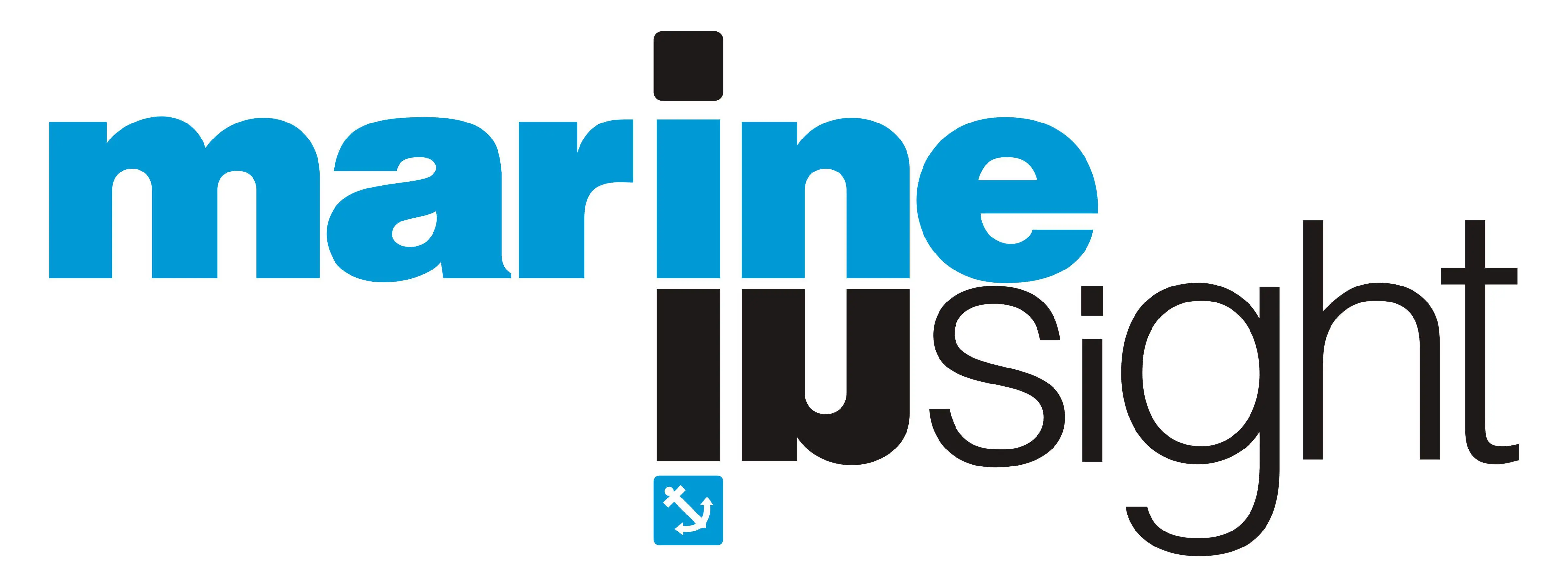


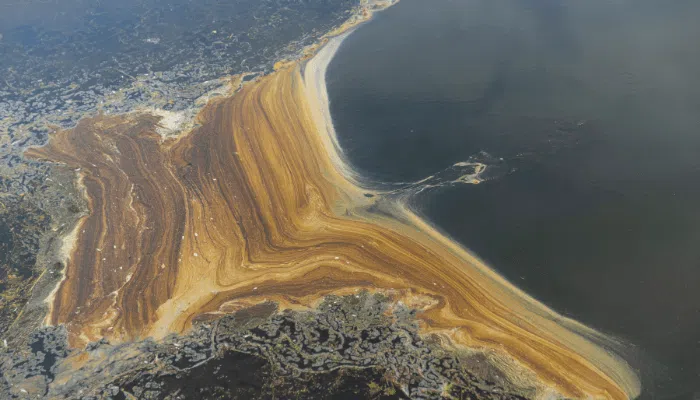
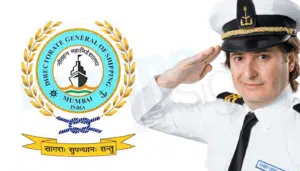
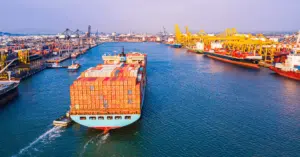
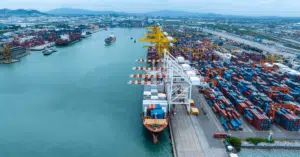
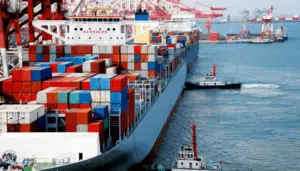
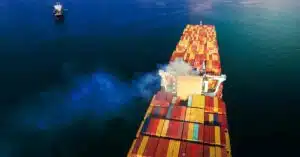
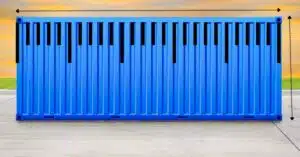

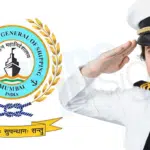
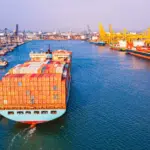
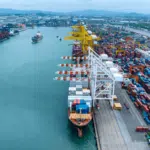
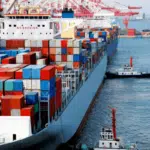
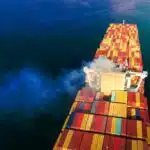
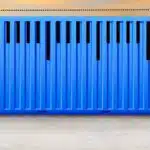
Good job. Τhank you
A nice job to educate the seafarers !
Please post more and educate the seafarers
How about if any crewmenber have an accident on board product of a spill Does P&I cover it? Wait for your answer .thanks alot.
I just wanted to clarify that if I am a patient and under going treatment at one Island of mayanamar and oil spill take place all around the island. I cancelled my treatment and returned back. Shall I will be illigibal for compensation . If yes to whom I submit my claim.
It will entirely depend on the Policy your company (or as an employee of the company) is eligible to…Do check with them once.